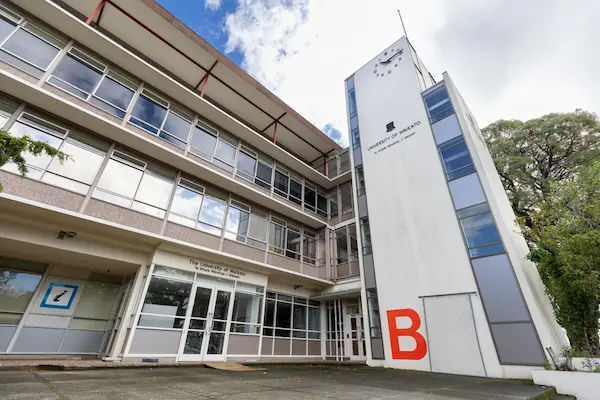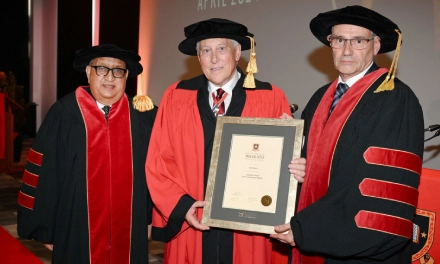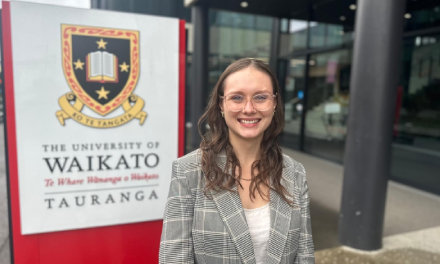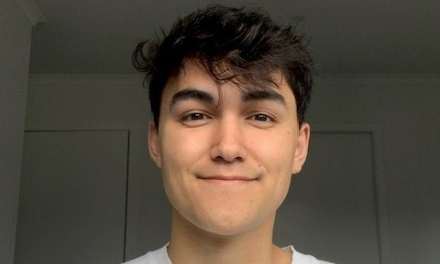But a new framework developed by Associate Professor of Education at the University of Waikato, Dr Chris Eames as part of a working group with the Organisation for Economic Co-operation and Development (OECD) will ensure our young people are getting the education they’ll need for the world they’ll inherit.
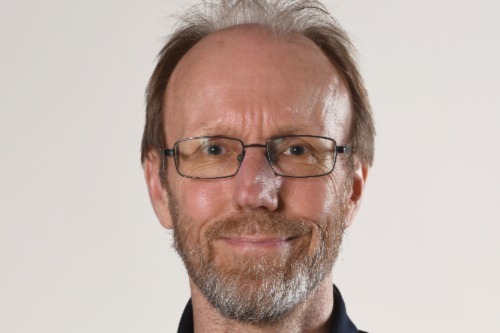
Dr Chris Eames from the University of Waikato
The framework, developed by Dr Eames and three other international experts from Stanford University, Deakin University and University of Florida, outlines the competencies students will require to interpret evidence and take action around environmental issues like climate change, biodiversity loss and pollution.
Dr Eames says this is critical work in preparing the next generation for what lies ahead.
“All young people have a right to be prepared for their future and we have a moral imperative to assure they have the skills and resilience to effect change.”
The new report Agency in the Anthropocene is a supplementary document for the PISA 2025 Science Framework which assesses the educational performance of 15-year-old students from participating countries around the world.
Dr Eames says the framework, while specific to environmental issues, also acknowledges the unique challenges young people will encounter across their lifetimes, and the role educators play in empowering them to navigate and play an active role in tackling these challenges as ‘science citizens’.
“Our children need to be able to evaluate different evidence from multiple disciplines, to inform decisions. Many of the challenges are complex and we need people who can look at the different aspects and see the connections between them.”
The skills include students being able to demonstrate hope and respect.
“We can’t homogenise humans. We all have different backgrounds and cultures, and honouring different ways of knowing and respect are fundamental to reaching consensus and having agency to take action.”
Dr Eames says the current school curriculum refresh with a stronger focus on mātauranga Māori will put New Zealand young people in a good position to do this.
Agency to act and implement change, requires students to demonstrate hope.
“How do you teach hope? We do have hope, the current future projections don’t have to be the ones we end up with. Students need to see examples of positive change that is happening. Give them opportunities to act and play a part in that change, for example many schools are involved in conservation efforts and ecological restoration. Tell them the stories of individuals, groups and organisations that are making a difference. That will be their future!”
The PISA 2025 Science Framework was officially launched in Paris on 15 June 2023. The first global assessment that looks at the skills outlined within it will be in 2025.


